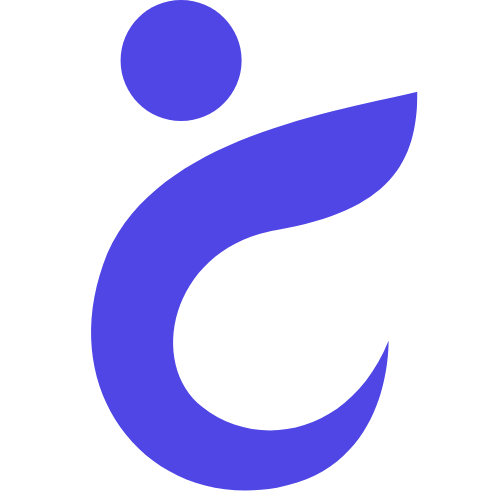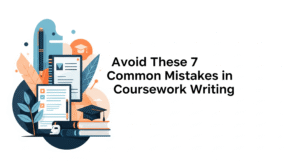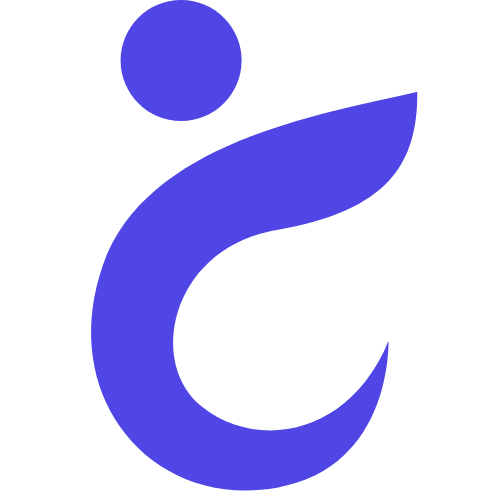AI tools like ChatGPT, Grammarly, and QuillBot have quickly become part of everyday student life. From fixing grammar mistakes to rephrasing sentences and even generating entire essays, these tools are changing the way academic writing is done. For students juggling coursework, part-time jobs, and tight deadlines, it’s no surprise that AI writing tools feel like a lifesaver. Many students even turn to coursework writing service for professional guidance alongside AI tools.
But here’s the catch—UK universities are paying close attention. Academic integrity and originality have always been at the heart of higher education, and with AI now in the picture, universities want to make sure students are learning and not just letting technology do the work.
That’s why this blog will clear up the confusion. We’ll break down what’s allowed and what’s not when using AI in academic writing, explain university rules, and share tips on how students can use online AI platforms ethically and safely without risking plagiarism or misconduct.
The Rise of AI in Academic Writing

Over the past few years, AI in academic writing has gone from being optional extras to everyday study helpers. Students are no longer relying only on textbooks or lecture notes—now they turn to applications like Grammarly for grammar checks, QuillBot for paraphrasing, and ChatGPT for brainstorming or drafting essays. These platforms are reshaping how students plan, write, and polish their assignments.
The appeal is obvious:
- Instant grammar and sentence structure support
- Quick paraphrasing and style improvements
- AI brainstorming and essay outlines for writing help
According to a major 2025 survey, 92% of UK undergraduates now use AI tools in some form, up from 66% just one year earlier. A significant number of students even search for the best AI tools for research writing UK to make referencing and editing easier. In the UK, the popularity of AI writing tools for students has grown rapidly, especially among undergraduates balancing coursework alongside part-time work. However, while these tools can be incredibly useful, they also raise important questions about plagiarism, originality, and , and UK university academic writing rules——which is why UK universities are setting clear rules.
UK Universities’ Stance on AI Tools
When it comes to AI in academic writing, UK universities are very clear about one thing: academic integrity comes first. Every student is expected to submit work that reflects their own knowledge, ideas, and critical thinking skills. That means originality is non-negotiable, and plagiarism rules still apply—even if the text comes from an AI tool.
Most universities understand that some tools can be useful for learning:
- Grammarly for grammar and spelling corrections
- Zotero and EndNote for referencing support
- AI-based organisation apps for clarity and flow
However, creating an entire essay or dissertation using ChatGPT or other AI writing generators is where universities draw the line. A lot of students ask: Can I use ChatGPT for university coursework in the UK? The answer is simple—only for brainstorming or minor support, never for full assignment writing.
In short, UK university academic writing rules support the ethical use of tools but reject anything that replaces a student’s independent work. The focus is on using AI as an assistant, not a shortcut. This is why many policies now explicitly connect academic integrity and AI, making it clear that students must use these tools responsibly. Understanding this difference can save students from serious trouble, including failed grades or even disciplinary action.
What’s Allowed: Acceptable Uses of AI

Not all uses of AI writing tools for students are banned—many are actually encouraged by universities as long as they support learning instead of replacing it. The key is to use AI in ways that improve your work, not write it for you.
For example, proofreading and grammar checkers like Grammarly or even built-in spell checkers are completely fine. These help students spot typos, polish their sentence structure, and make their writing clearer. Similarly, referencing and citation tools such as Zotero or EndNote are widely accepted, since they save time and help students format references correctly in styles like Harvard or APA.
Another acceptable use is research organization tools. Platforms like Mendeley help you collect and manage academic sources, while Notion AI can summarise your notes so you can revise more effectively. These online platforms for coursework don’t do the work for you—they simply make the writing process smoother.
Most universities also publish UK university AI policy guidelines to help students understand the dos and don’ts. If you’re ever unsure, the safest option is to check your university’s integrity policy. Used correctly, AI can be a powerful study partner without crossing into plagiarism territory, especially when combined with AI writing help UK resources that guide ethical use.
What’s Not Allowed: Misuse of AI

While some AI Platforms are fine to use, there are clear lines that students should never cross.
What’s not allowed:
- Submitting AI-generated essays or assignments as original work
- Using paraphrasing softwares like QuillBot or Spinbot to disguise plagiarism
- Outsourcing critical thinking and argument development to AI
Even if the sentences look different, the idea still isn’t yours—and plagiarism checkers at universities are smart enough to catch it. In fact, many now use AI plagiarism detection UK tools like Turnitin. Students often wonder How universities detect AI writing? The answer is through advanced AI-detection features built into systems like Turnitin, which can flag work that doesn’t match natural student writing patterns.
The ethical problem is that using AI to “do the thinking” for you takes away the whole point of education: developing your own critical thinking and writing skills. Universities want to see your effort, not a machine’s.
The consequences of misusing AI are serious. Students caught may face academic misconduct panels, plagiarism detection reports, reduced grades, or even expulsion.
In short, AI-assisted writing vs plagiarism is a line students must not cross. AI should never replace your own academic work.
Grey Areas: Where Rules Are Still Evolving
In the context of AI in academic writing, not everything is black and white. There are still some grey areas where universities are figuring out the rules. For example, using ChatGPT to brainstorm essay ideas or generate outlines is common. While this can help get past writer’s block, it raises questions about how much is “too much help.”
Another area is AI-assisted summaries of readings. Tools that condense journal articles or textbooks can save time, but they risk oversimplifying complex arguments. Universities worry this might stop students from engaging fully with academic texts.
There’s also an ongoing debate about drafting vs. editing support. While checking grammar or style is fine, getting AI to rewrite large chunks of an assignment crosses into risky territory. Some institutions even suggest that AI plagiarism detection UK systems may eventually need to adapt to track these partial edits more effectively.
As AI writing tools for students continue to grow more advanced, universities are still defining boundaries, and policies may change as AI writing help UK continues to evolve.
How Students Can Use AI Tools Ethically
The safest way to use AI for coursework is to treat them as a support system, not a replacement.
Best practices include:
- Use Grammarly for proofreading, citation managers for referencing, and AI note summaries for research organisation
- Always ensure the final arguments and analysis are your own
- Double-check references manually to avoid errors
- Use AI to enhance critical thinking, not replace it
By following these best practices, students can benefit from AI without breaking rules on academic integrity. For those struggling with tight deadlines or heavy coursework, professional support from a Coursework writing service can complement AI tools, providing guidance and ensuring that all work meets university standards.
Final Thoughts & Takeaways
AI tools in academic writing can be powerful, but they should support learning, not replace it. Striking the right balance between technology and academic honesty is key. By using AI responsibly—for proofreading, organisation, and research support—students can improve their work while protecting integrity and meeting UK university standards.






Comments (0)